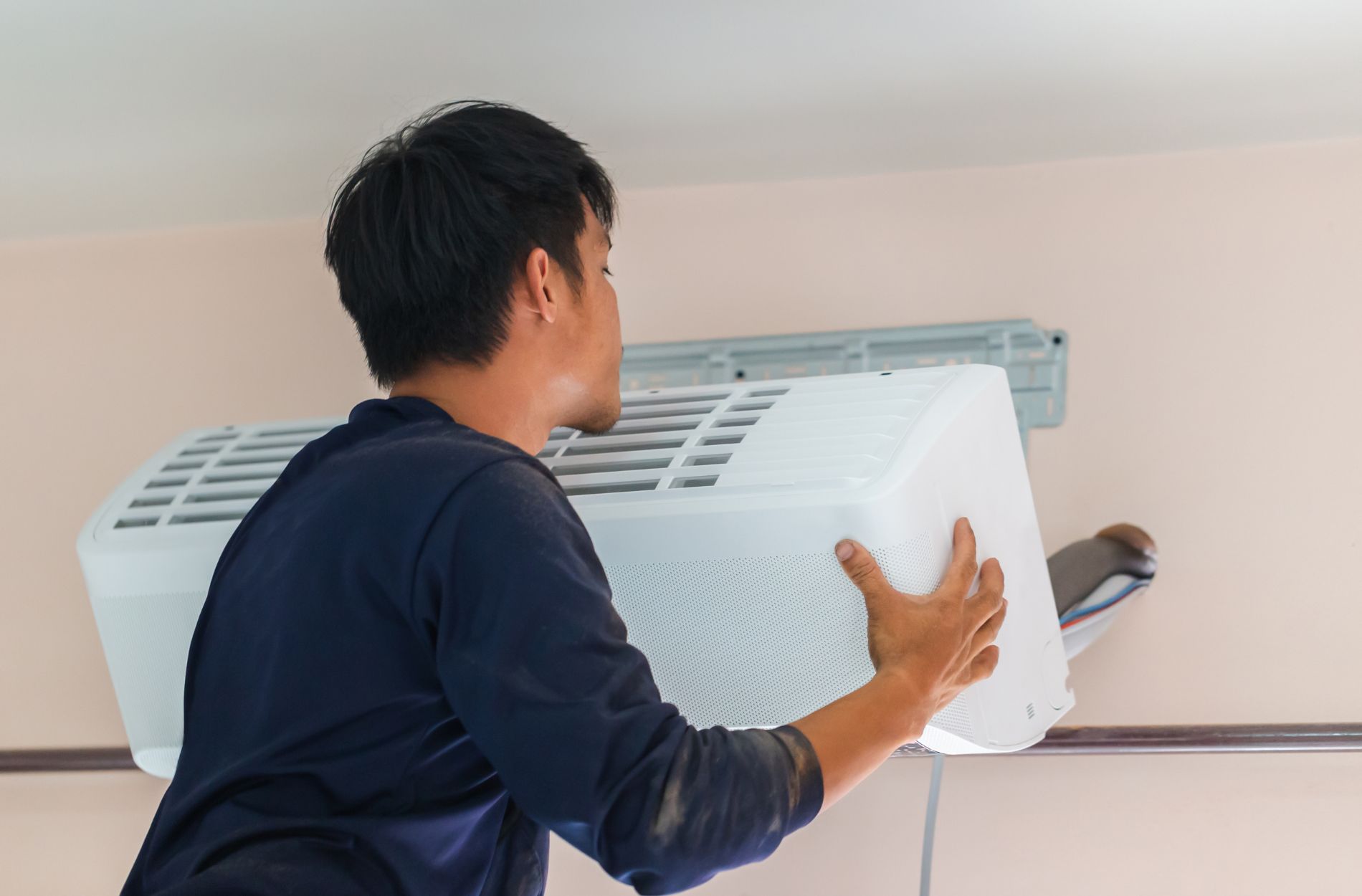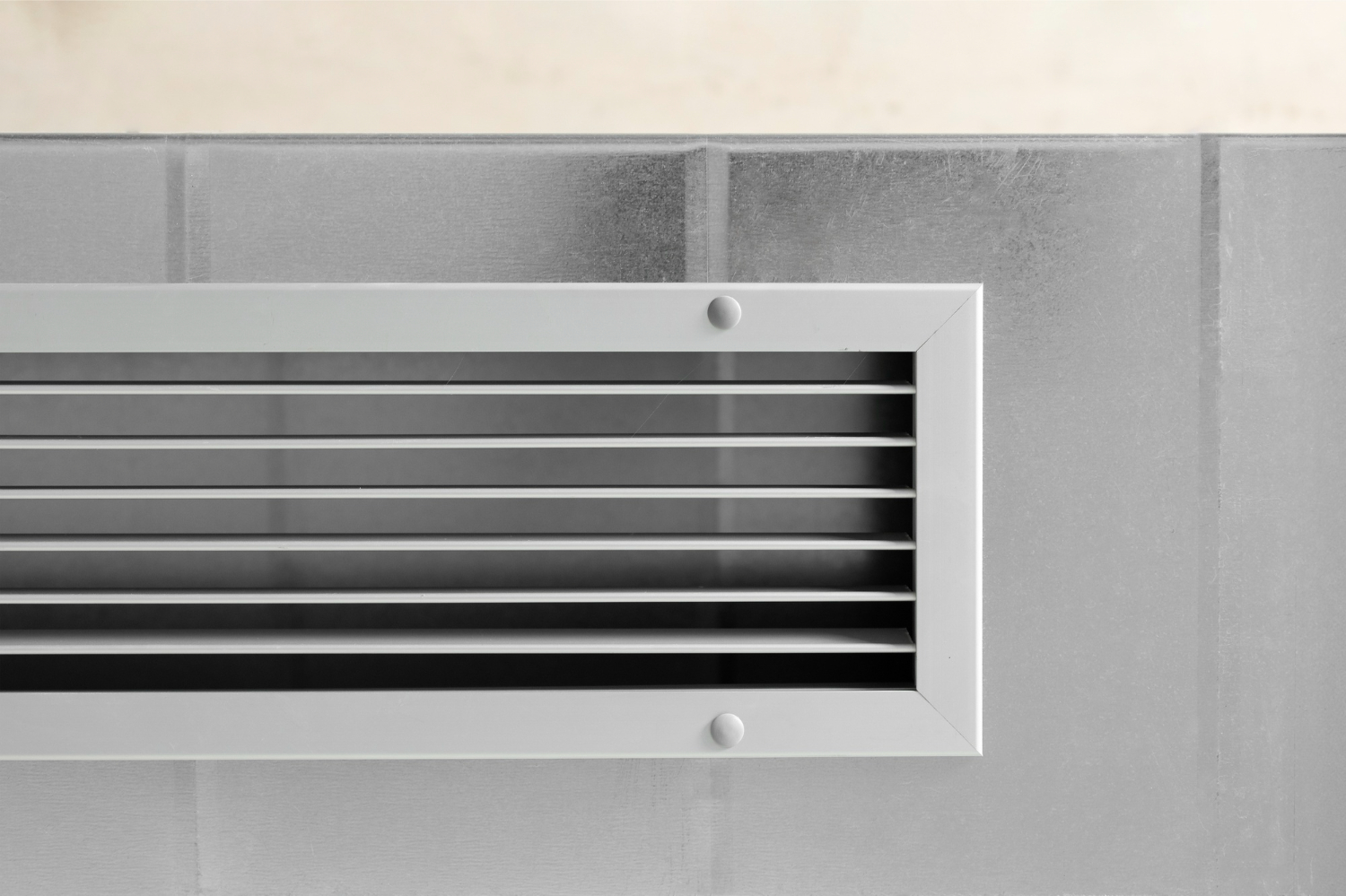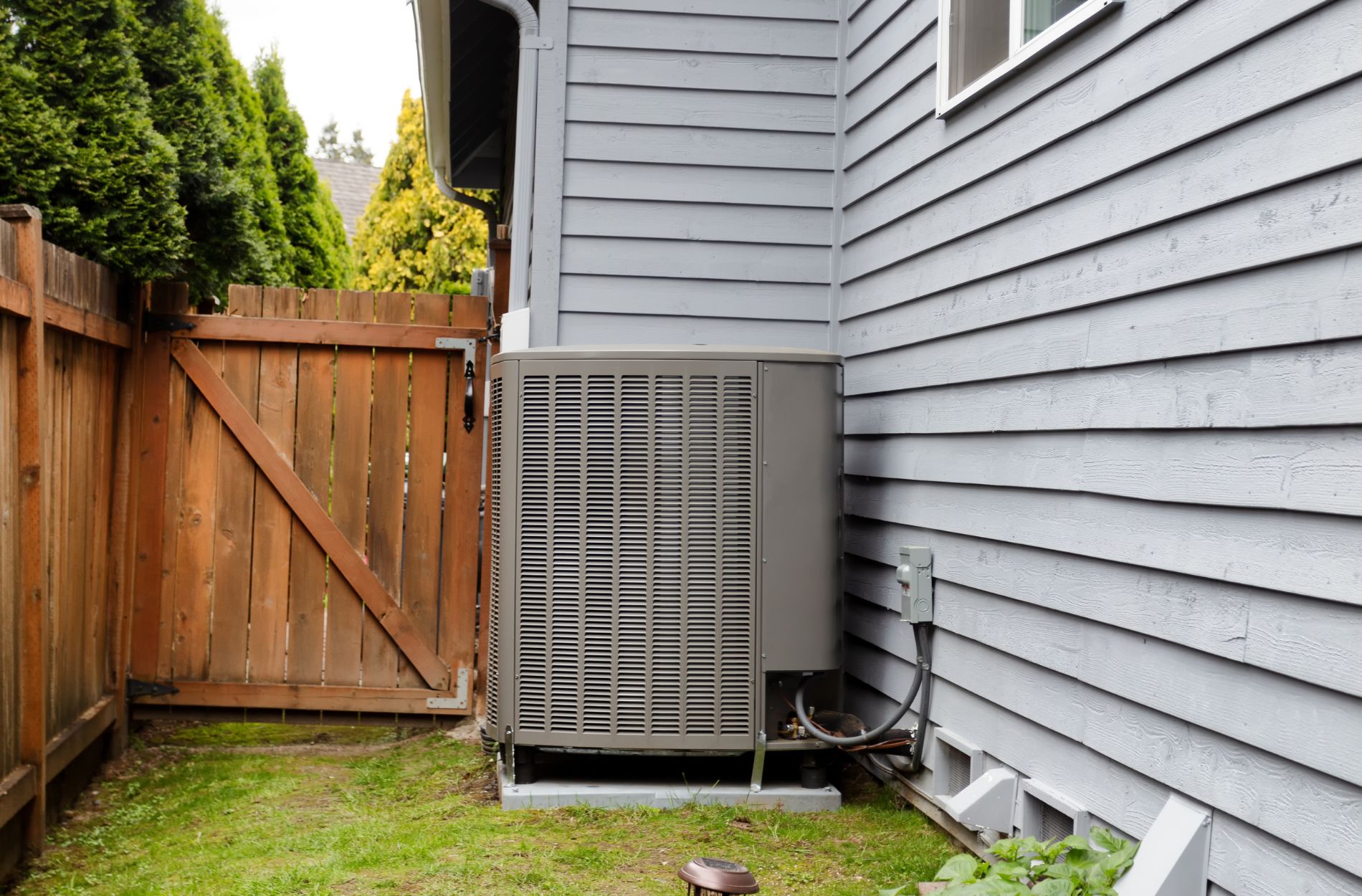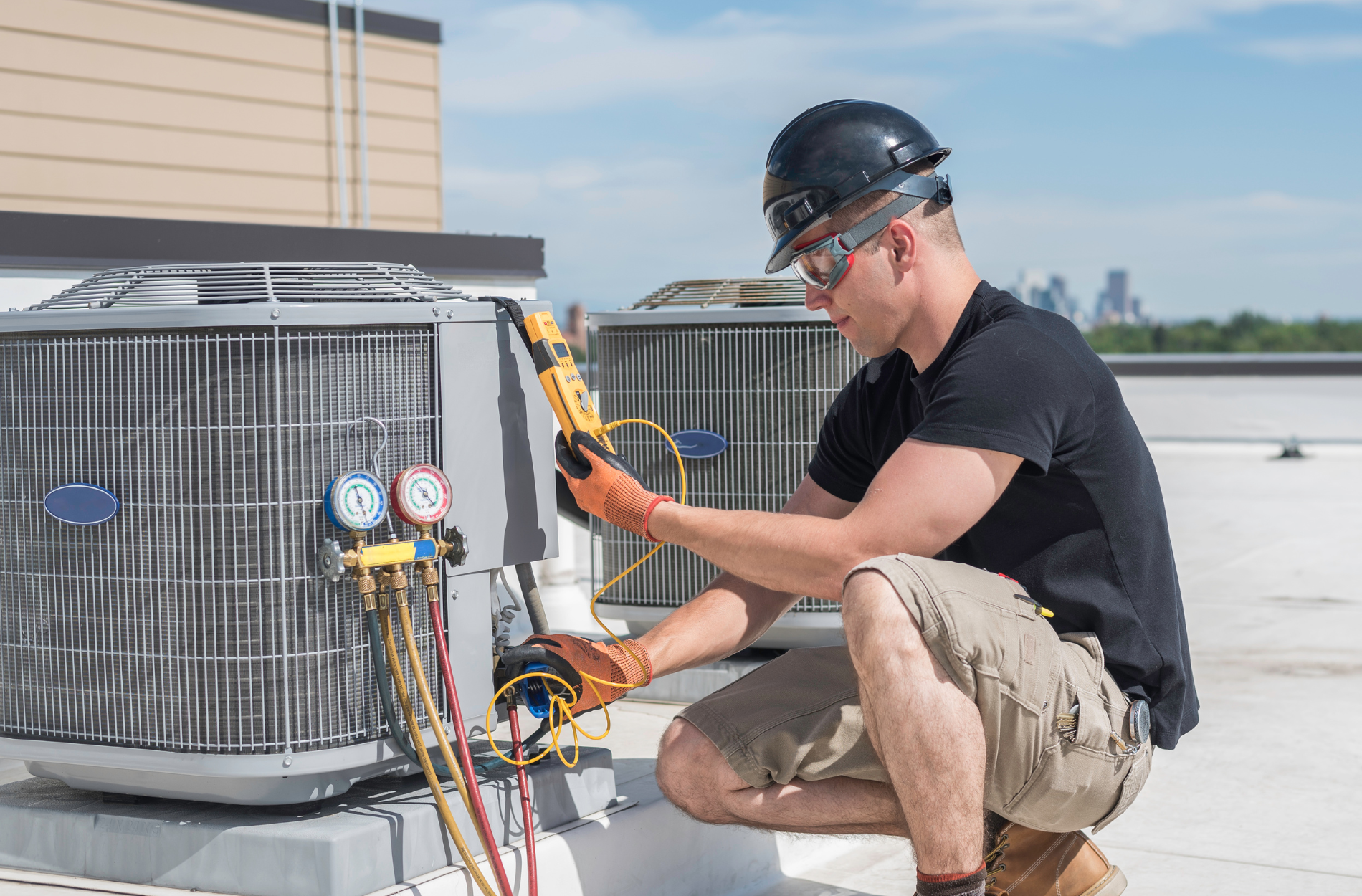When the chill of winter sets in, your home’s furnace becomes your reliable companion, keeping you warm and cozy. But for it to perform at its best and provide you with the comfort you deserve, there’s one often-overlooked hero: the furnace filter. In this comprehensive guide, we’ll explore how quality furnace filters can make a world of difference for both you and your furnace. At Dutch Heating and Cooling, we’re committed to ensuring your home is not just warm, but also healthy and efficient.
What MERV Ratings Mean and How They Impact Air Filtration
MERV, which stands for Minimum Efficiency Reporting Value, is a rating system that quantifies the effectiveness of air filters in removing particles from the air. Understanding MERV ratings is essential when selecting the right filter for your HVAC system, as they provide insight into how well a filter can capture airborne particles. Here’s what MERV ratings mean and how they impact air filtration. In case you want furnace repair in Fishers, IN, visit the website.
MERV Ratings Explained:
MERV ratings typically range from 1 to 20, with higher numbers indicating better filtration efficiency. The ratings are determined through standardized testing that measures a filter’s ability to trap particles of different sizes. Here’s a breakdown of what different MERV ratings mean:
- MERV 1-4: These filters provide minimal filtration and are suitable for basic protection against larger particles like dust and lint. They are commonly found in residential and commercial settings with less stringent air quality requirements.
- MERV 5-8: Filters in this range offer improved particle capture, making them more effective at removing common household allergens like pollen, pet dander, and mold spores. They are a good choice for households with allergy concerns.
- MERV 9-12: Filters in this range provide even better filtration, capturing smaller particles such as fine dust, smoke, and some viruses. They are suitable for homes with residents who have more severe allergies or asthma.
- MERV 13-16: Filters with MERV ratings in this range offer excellent air filtration and are often used in commercial settings and hospitals. They can trap very fine particles, including bacteria and some viruses.
- MERV 17-20: Filters in this range provide the highest level of filtration and are typically used in specialized applications, such as clean rooms and medical facilities. They can capture extremely small particles, including the tiniest airborne pathogens.
Impact on Air Filtration:
The MERV rating of an air filter has a direct impact on its ability to filter out particles from the air. Here’s how MERV ratings affect air filtration:
- Particle Size: Filters with higher MERV ratings can capture smaller particles effectively. This is crucial for improving indoor air quality, especially for individuals with allergies or respiratory conditions.
- Efficiency: Filters with higher MERV ratings have a higher filtration efficiency, meaning they can remove a greater percentage of airborne particles from the air.
- Airflow Resistance: As filters become more efficient (higher MERV rating), they may also increase airflow resistance. HVAC systems must be designed to accommodate higher MERV-rated filters to prevent reduced airflow and potential strain on the system.
- Maintenance: Filters with higher MERV ratings may need more frequent replacement or cleaning because they capture more particles. Regular maintenance is essential to ensure the system operates efficiently.
- Cost: Filters with higher MERV ratings are generally more expensive than lower-rated ones. However, they offer superior air filtration and can lead to long-term energy savings and improved health.
MERV ratings are a valuable tool for selecting air filters that match your specific air quality needs. While higher-rated filters offer superior filtration, it’s essential to balance filtration efficiency with the compatibility of your HVAC system to ensure optimal performance and energy efficiency. Consulting with an HVAC professional at Dutch Heating and Cooling can help you choose the right filter for your home or building.
How Quality Filters Contribute to Improved Indoor Air Quality
Your home should be a sanctuary of clean and healthy air, especially during the winter months when windows are often closed. Here’s how quality furnace filters make a significant impact:
- Allergen Reduction: Quality filters are designed to capture allergens like dust mites, pet dander, and pollen. This is particularly important for allergy sufferers.
- Improved Respiratory Health: Cleaner air means improved respiratory health for your family, especially children and the elderly.
- Odor Control: Quality filters can also help reduce odors from cooking, pets, and other household sources.
Identifying Pollutants That Quality Filters Help Remove
Indoor air pollutants can be a silent threat to your health. Quality filters play a vital role in removing these pollutants, including. In case you want furnace repair in Carmel, IN, visit the website.
- Dust and Dust Mites: Common allergens that thrive in dusty environments.
- Pollen: A notorious allergen that can enter your home through open windows and accumulate indoors.
- Pet Dander: Shedding skin cells from pets that can trigger allergies.
- Mold Spores: Tiny particles that can lead to respiratory issues.
- Bacteria and Viruses: Some filters are designed to capture even these microscopic threats.
Allergen Control with the Right Filter
If anyone in your household suffers from allergies, you understand the importance of allergen control. Quality filters with a higher Minimum Efficiency Reporting Value (MERV) rating are particularly effective. Here’s how they help:
Effective Allergen Capture: Higher MERV-rated filters can trap smaller particles, including allergens, providing relief to allergy sufferers.
Cleaner Indoor Air: With fewer allergens circulating in your home, indoor air quality improves, making it a haven for everyone, especially those with allergies.
Your choice of furnace filter is not just about maintaining your furnace; it’s about safeguarding your health and ensuring your home remains a comfortable and clean environment. Quality filters are a small investment with significant returns in terms of extended furnace life, improved indoor air quality, and allergen control. At Dutch Heating and Cooling, we’re here to assist you in selecting and maintaining the right furnace filters for your needs. Don’t overlook this essential component of your home’s heating system—let us help you breathe a breath of fresh, clean air all winter long.










